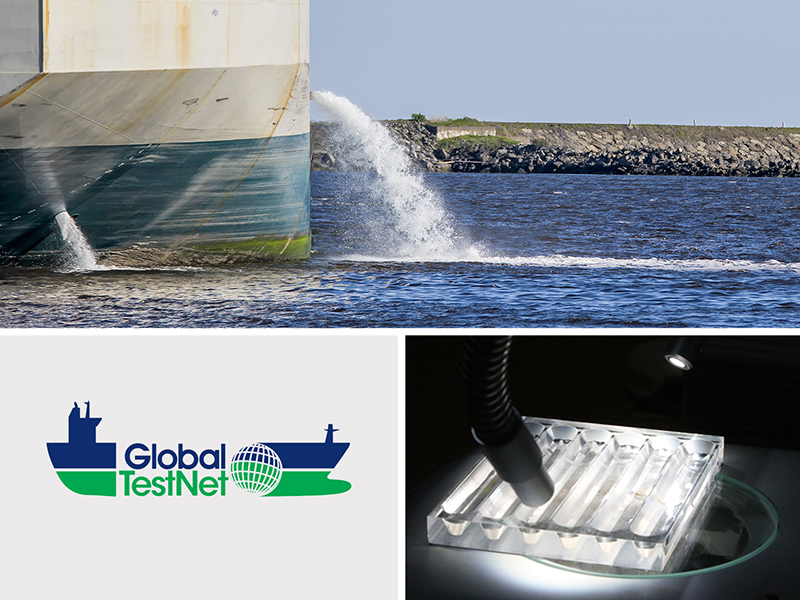Experience with implementing the IMO Ballast Water Management Convention, which aims to prevent the spread of potentially invasive aquatic species, is now underway. IMO’s participation at the Global TestNet 10th annual meeting (14-15 February) provided an opportunity to highlight a new module on IMO’s Global Integrated Shipping Information System (GISIS), which allows port States, flag States and other stakeholders to gather, prepare and submit data on ballast water sampling and chemical and biological analysis. Analysis of such data will allow a systematic and evidence-based review of the requirements of the BWM Convention and potentially the development of a package of amendments to the Convention. Ballast Water Management Convention requires ships to manage their ballast water and sediments to a defined standard.
IMO participation at the meeting covered all the latest regulatory developments related to anti-fouling systems and biofouling. IMO is considering a proposal to amend the IMO Convention for the Control of Harmful Anti-fouling Systems on Ships (AFS Convention) to include new controls on the biocide cybutryne. Currently, the AFS Convention prohibits the use of biocides using organotin compounds.
IMO is also reviewing IMO biofouling Guidelines, which provide a globally-consistent approach on how biofouling should be controlled and managed to minimize the transfer of invasive aquatic species through ships’ hulls. A new global GloFouling project has been launched, to drive actions to implement the guidelines. The project will also spur the development of best practices and standards for improved biofouling management in other ocean industries.
The Global TestNet is a forum of organizations involved in standardization, transparency and openness of land-based and/or shipboard testing for the certification of ballast water management systems
